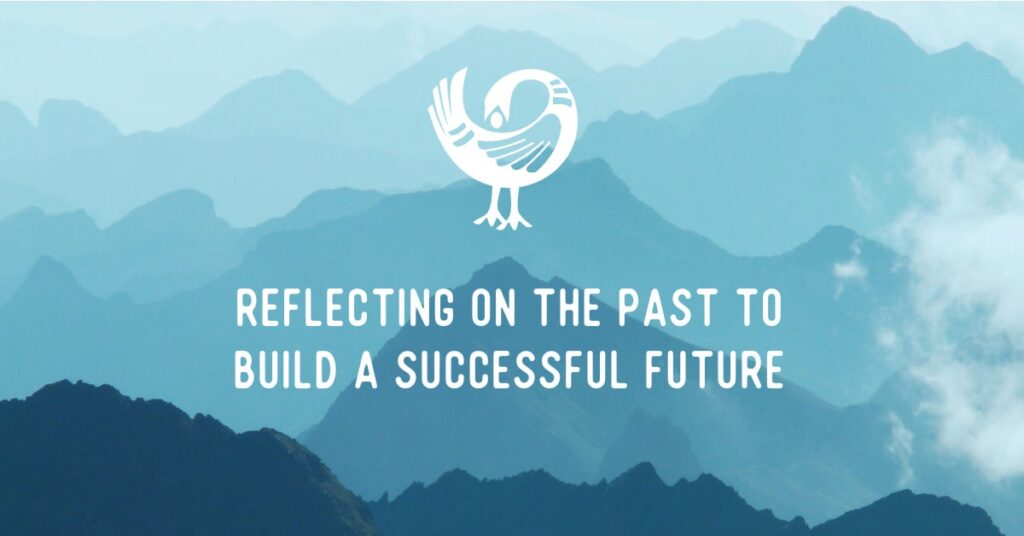Years ago, as a creative at Hallmark, I came across a West African symbol called Sankofa. Illustrated as a beautiful bird flying forward with its head turned backward and a delicate egg in its mouth, the symbol represents an African proverb about the importance of reflecting on the past to build a successful future. I love this image and what it represents for Waymaking.
Like the bird in the Sankofa symbol, we are in flight—on a path toward more equitable workplaces. And like the bird we must look back and gather valuable inputs to both inform and ensure our successful path forward.
Here are three steps to help us look back to look forward:
- Embrace Realism
What employees say about their experience at your organization is true. It is real. And it can be problematic. Talking about how racism, sexism, and institutionalized disenfranchisement show up in our companies is hard. But we don’t get anywhere if we let discomfort keep us from confronting hard truths. Being honest about what is broken in organizational systems and norms is the first step to becoming the company you claim to be, the leader you aspire to be, and to building and nurturing the culture you say you want. - Take Responsibility
Change requires not only awareness but also ownership—knowing that we are the change we seek and that without energy and accountability, all things remain stagnant. We have to get off the fence and do the work of creating a better, more inclusive future for everyone. - Build Relationship
Connectedness is one of the most powerful equity tools at our disposal. It inspires curiosity. Dispels stereotypes. Broadens perspectives. Creates value. Nurtures respect. Connectedness is the foundation of relationships. And relationships open doors of opportunity.
Creating more inclusive workplaces requires you to internalize data and acknowledge it as reality. Then own your role in doing something about it—which means taking responsibility for how you lead, without excuses. Finally, you must commit to building meaningful relationships with people who are not like you so you can expand your circles of power, privilege, and influence to benefit more than a select few. That is the Waymaker way.
Deciding to be a Waymaker can be done in a manner of seconds. Being a Waymaker takes time, intention, and vulnerability. It takes becoming like the Sankofa—aware of the past to inform the successful path forward. Here’s to us all doing just that!

